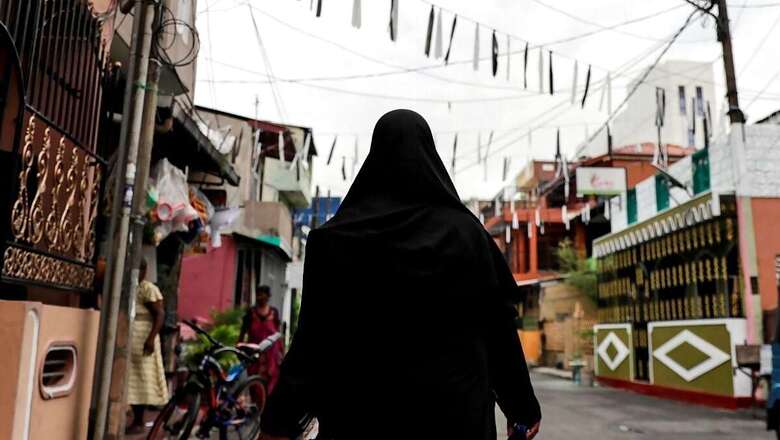
views
Sri Lanka has temporarily banned wearing burqa following a series of six suicide attacks which killed 253 people in the country. Known as Easter Sunday bombings, a series of blast have rocked three Sri Lankan cities targeting three churches and three five-star hotels. The Sri Lankan government has proposed ban burqas along with 1000 madrasas in a crackdown on any signs of religious extremism. Sarath Weerasekera, Minister for Public Security of the island nation, who has pushed the proposal ahead for parliamentary approval, says the ban is needed on “national security” grounds.
This is not the first time a country has decided to ban wearing of burqa. Globally, burqa or similar face-veils have been banned in several countries. Economic Community of West African States (ECOWAS), a union of 15 countries, endorsed burqa ban in December 2015. These countries have 181 million Muslims, according to a UK Telegraph report. It was after terror attacks by terrorists clad in burqa that they took the step. Terror groups including Nigeria’s Boko Haram, active in those areas, have been using female terrorists clad in burqa for suicide attacks and to carry and transport bombs.
Burqa or niqab are different types of face covering veils worn with a robe like loose fitting dress. Burqa covers the whole face while in a niqab, eyes remain uncovered. Burqas cover a woman’s body from head to toe. It is related to traditional values, cultural practices and thus sentimental beliefs.
The countries of ECOWAS, where burqa has been banned, wearing burqa was not a cultural phenomenon and so had no sentimental quotient to raise protests against it, and so they could ban it without protests.
Unlike Nigeria, an ECOWAS member, where burqa is part of tradition and culture, and thus, is a matter of wide sentimental belief. According to Pew Research Centre, Christianity and Islam are dominant religions here as the Christians form 49.3% of the population and Muslims account for 48.8%. So, even if Christians are slightly more than Muslims, Nigeria cannot ban burqa, even though terrorists may use it in suicide attacks, because of its traditional and cultural value in the Muslim society.
How Western African countries are facing this problem can be gauged by the statement of Muhammadu Buhari, President of Nigeria and a Muslim. He says even a hijab may be banned if terrorists keep using burqa. Hijab covers the head and chest while the face remains uncovered.
Many European countries have banned burqa due to security concerns even if they haven’t faced any attack by a burqa-clad person. All of them are democratic countries with very small Muslim population.
Some countries banned burqa or similar face-veils because they wanted social cohesion, cultural assimilation and integration in the country. In Germany, integration was a big issue after mass Muslim immigration from the Middle-East. But, overall, security has been counted as the most important reason.
Status of burqa or other similar face-veils in different countries:
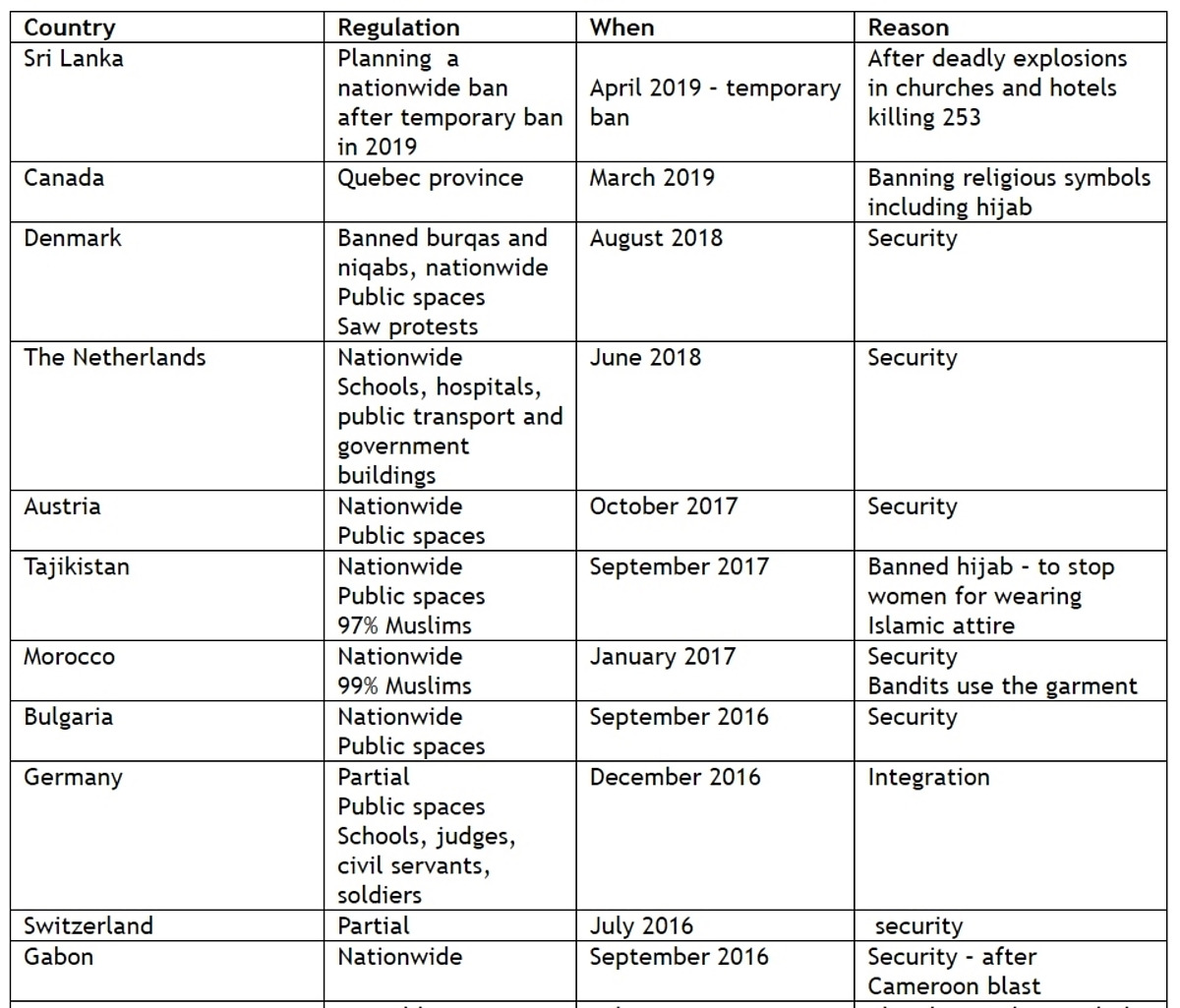
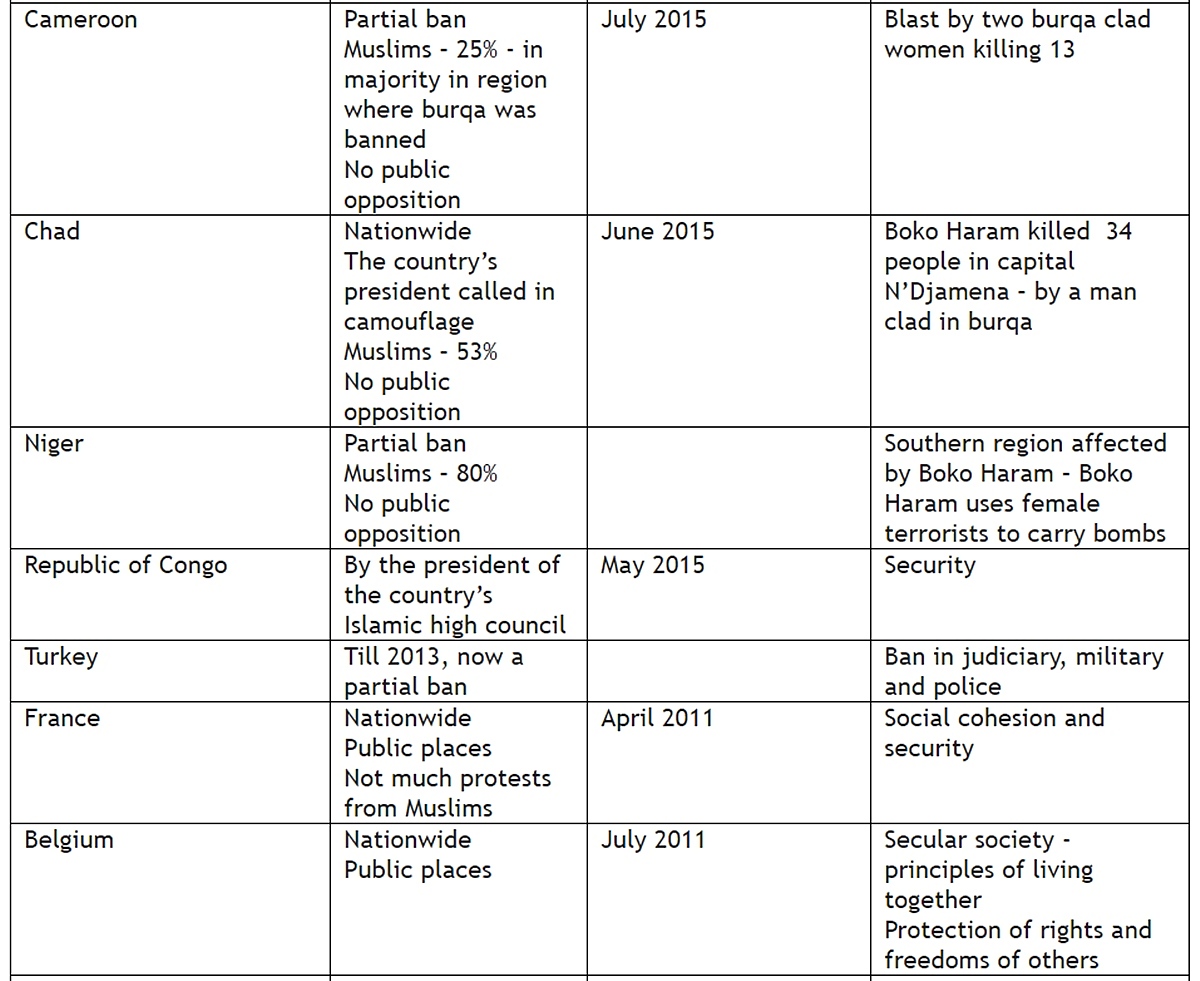
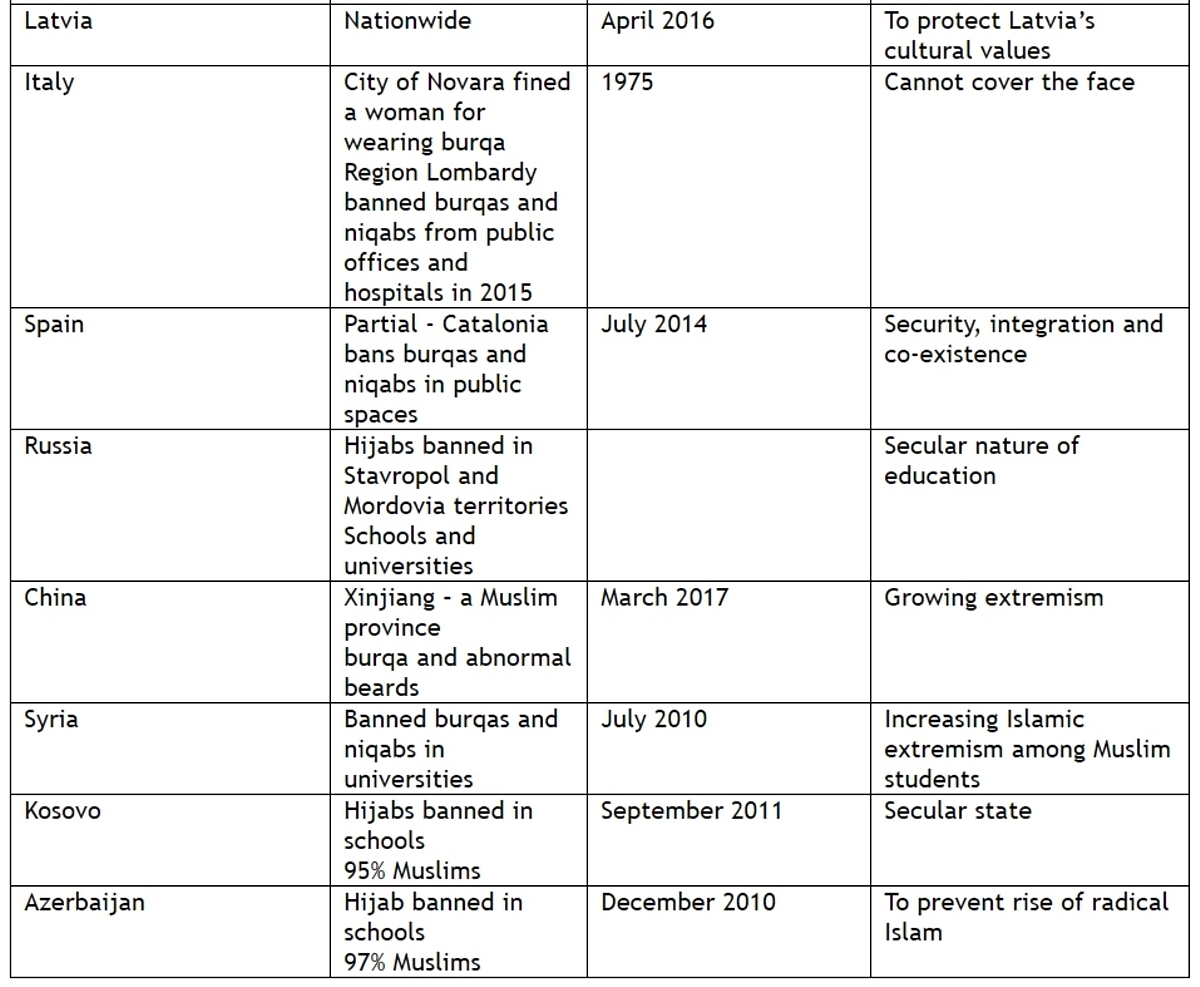
Read all the Latest News, Breaking News and Coronavirus News here
















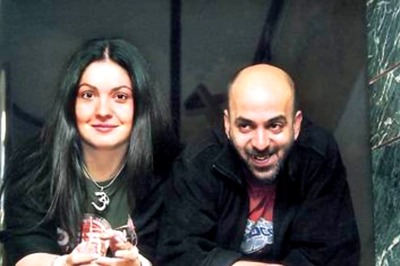


Comments
0 comment